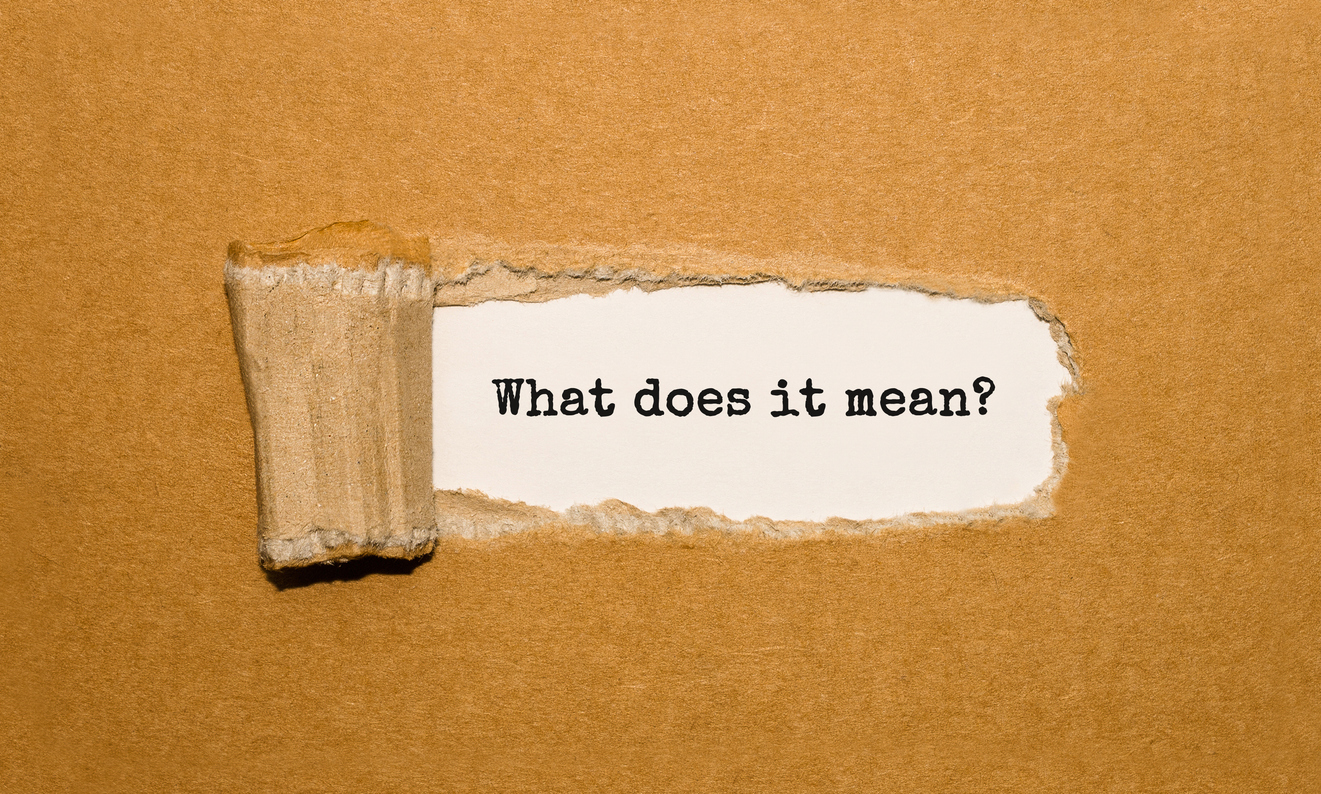Deception during solicitation and “twisting” in the insurance marketplace is becoming much more common. We see it with television insurance advertising comparing price without honest comparing of coverage. The internet is worse. My recent post, Can Insurance Companies Send Declaration Pages Which Indicate Enhanced Coverage Yet Deliver Diminished Coverage In The Fine Print In The Back of Endorsements? had me thinking about the concept of unfair and deceptive advertising by insurance companies while I was studying the case and writing about the different views of how insurance contract descriptions are made before delivery of the product with differing terms.
Suppose you went to the Farmer’s Market and saw one booth selling 50 cent bright orange Indian River seedless oranges and next to it a farmer selling “enhanced’ oranges with a picture of an Indian River orange. The enhanced seller says: “Why buy that orange when you get can an enhanced one for 25 cents already packaged?” You buy the “enhanced” orange, saving 25 cents, take it in the brown paper bag. You tell your spouse what a deal you made and stick the bag in refrigerator where it sits for weeks until thrown out. You never even looked at the orange you purchased at a 50% savings.
The above scenario is a lot like the typical property insurance transaction except that the “enhanced” insurance contract is sent to you weeks after you purchase it. Most of the time, you never need the insurance because losses are infrequent. A year goes by and a renewal notice comes with a bill enclosed describing what you will purchase. You pay the bill, a renewal policy is sent and stuck in a folder. This is often repeated for years.
Bill Wilson responded to the post:
I have a 1949 Buckeye Union Casualty Company auto policy that says, ‘PLEASE READ YOUR POLICY.’
I have a 1938 Home Insurance Company auto physical damage policy that says, ‘PLEASE READ CAREFULLY.’
I have a 1934 General Accident Fire and Life Assurance Corporation auto policy that says, ‘IMPORTANT Please Read Your Policy.’
I think where you’re likely to find this today is on the policy jacket and not in the insurance contract itself. Even if inside the policy, it isn’t phrased like a contractual requirement, but rather a request.
You could make it an agreement inside the contract but the problem with that is that who actually has the opportunity to read the policy at the time the application is submitted or the policy becomes effective?
Go online to get an auto or homeowners insurance quote then ask the insurer for a copy of the insurance contract you’re about to enter into. Only twice have I ever gotten this and that was after a number of emails. Most carriers REFUSE to allow you to read the insurance policy in advance. Why do regulators permit this???
I had the same thought—where are the insurance regulators? Do they even care that the marketplace they are regulating is openly deceiving the public about coverage while price is just about all that seems to matter?
Wilson’s book, When Words Collide: Resolving Insurance Coverage and Claims Disputes, notes the following:
State regulators must do a better job of vetting policy forms. That may involve establishing minimum coverage standards or prohibiting policy provisions that violate the public interest. It involves employing qualified staff or hiring independent consultants to review policy form submissions even in use and file or file and use states. I would further advocate that regulators require coverage transparency by insisting that insurers make their policy forms readily available to prospective insureds and even competitors, most likely by posting on their web sites, and that they be prohibited from refusing to provide copies of policies to insureds until after the purchase.
I would also advocate that regulators enforce Unfair Trade Practices Laws with regard to how insurance is marketed and advertised. Given the inarguable truth that insurance is not a commodity, even in personal lines and especially with personal auto insurance, a carrier should not be able to advertise their products as providing ‘SAME COVERAGE, Better Value’ than competing products. Given the diversity of policy forms just in the personal auto marketplace, such a statement is patently false and, I believe, in violation of unfair trade practice laws such as this one…:
Misrepresentations and False Advertising of Insurance Policies.
Making, issuing, circulating, or causing to be made, issued or circulated, any estimate, illustration, circular or statement, sales presentation, omission or comparison that… Misrepresents the benefits, advantages, conditions or terms of any policy… Uses any name or title of any policy or class of policies misrepresenting the true nature of the policy or class of policies….
I agree. The point is that the case1 was truly one of deception at the point of sale about the coverage that was being sold to a policyholder. Those of us in the “coverage business” have been complaining about the deceptive and misleading advertising of insurance products which occur in numerous ways.
One method which the case highlights is to materially lower the coverage provided yet call it “enhanced” or something other than what the “fine print” takes away. Insurers know most will never be read the part of the policy at the end of the policy in an endorsement. In most cases, like the “enhanced orange” in the bag, it may not even be used by the unsuspecting purchaser.
Thought For The Day
Let advertisers spend the same amount of money improving their product that they do on advertising and they wouldn’t have to advertise it.
—Will Rogers
____________________________
1 Richelson v. Liberty Ins. Corp., No. 19-3035, 2020 U.S. App. LEXIS 862 (6th Cir. Jan. 6, 2020).




